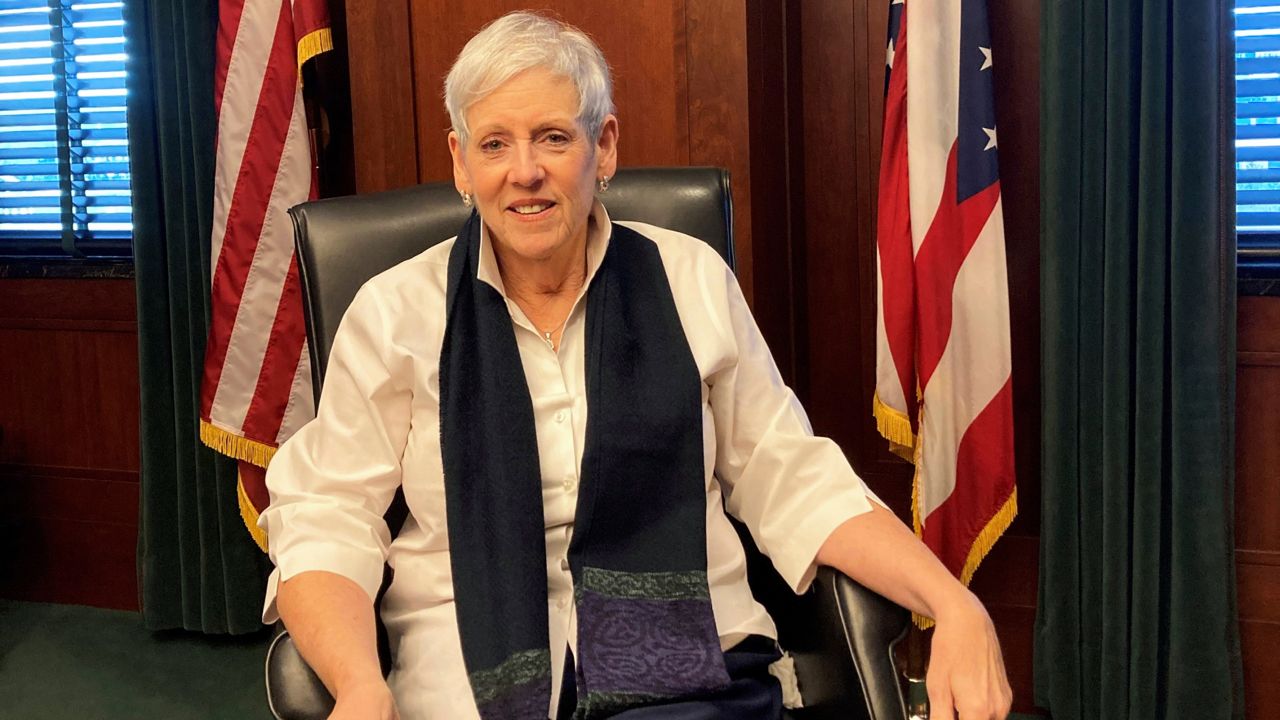COLUMBUS, Ohio — Body camera footage can be vital in officer-involved shooting investigations.
The idea of body-worn cameras is relatively new in Ohio. For example, the Columbus Division of Police weren’t introduced to the recording equipment until 2017.
Public safety expert Chenelle Jones said research shows they address ambiguity in cases, leading to more agencies wanting them in their department.
“What we have seen in the research is that officers, initially, they are hesitant to embracing body-worn cameras, but after they get them and they see the benefits of them and they love them, and so overwhelmingly they have seen research that suggests that police department of body worn cameras,” said Jones, who is the chair of the Public Safety Program at Franklin University.
While more and more officers are being introduced to the technology, legislators are still figuring out how to use them in a court of law. The footage itself can be admissible in court, but audio could fall under different evidentiary rules.
“Oftentimes, if an officer knows they’re being recorded, something that they’re saying could prejudice the proceedings or it could constitute hearsay, an out of court statement, that’s being offered to prove the truth of the matter,” said Rory Riley-Topping, a legal analyst for Spectrum News.
Riley-Topping said vague body camera policies also face questions around authentication and privacy. Due to the state not mandating body cameras or having legislation around them, Riley-Topping said that individual courts are forced to take it case by case.
“This is something that has to be figured out with the facts of each and every case as we go through and start to set some rules around it,” said Riley-Topping.
Gov. Mike DeWine distributed a grant earlier this year that would help over one hundred law enforcement agencies get body cameras, but that still leaves less than half without them.










